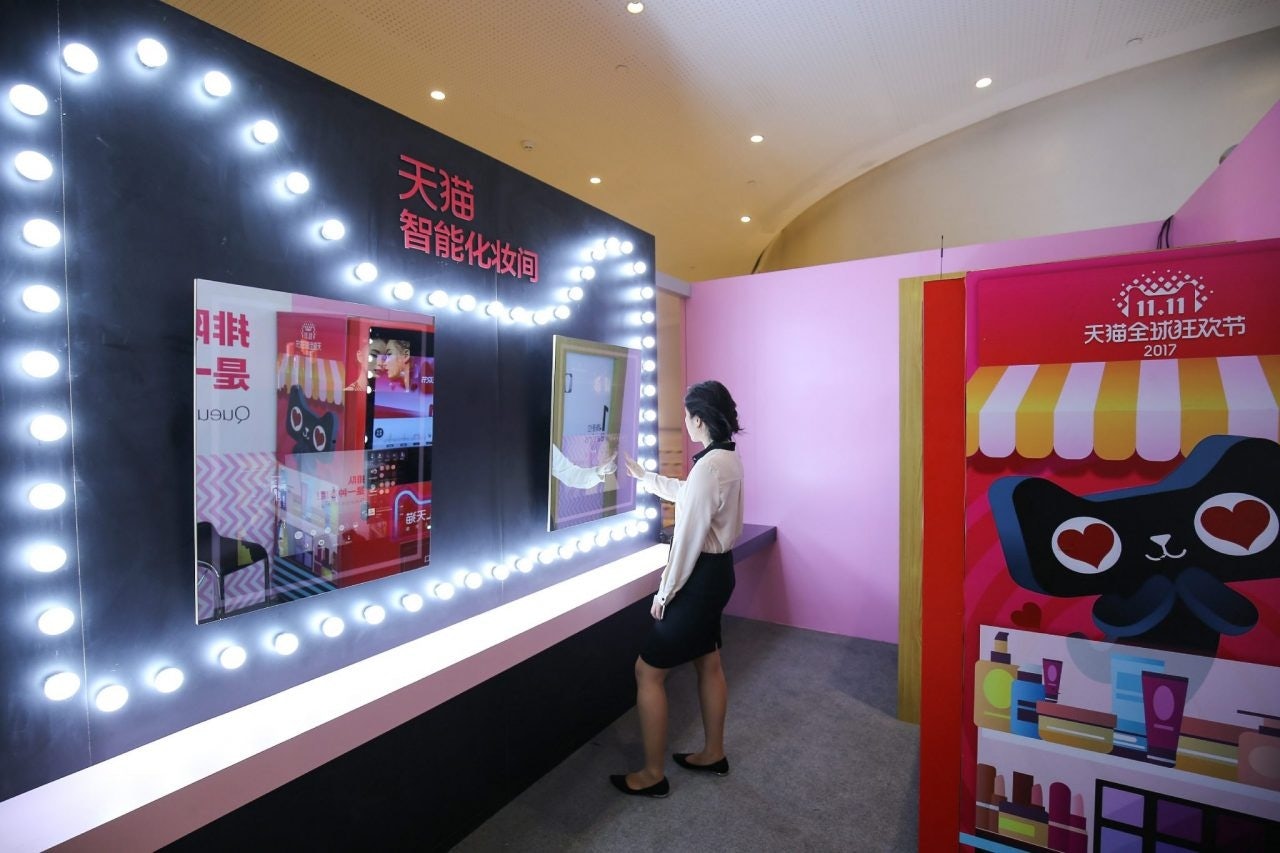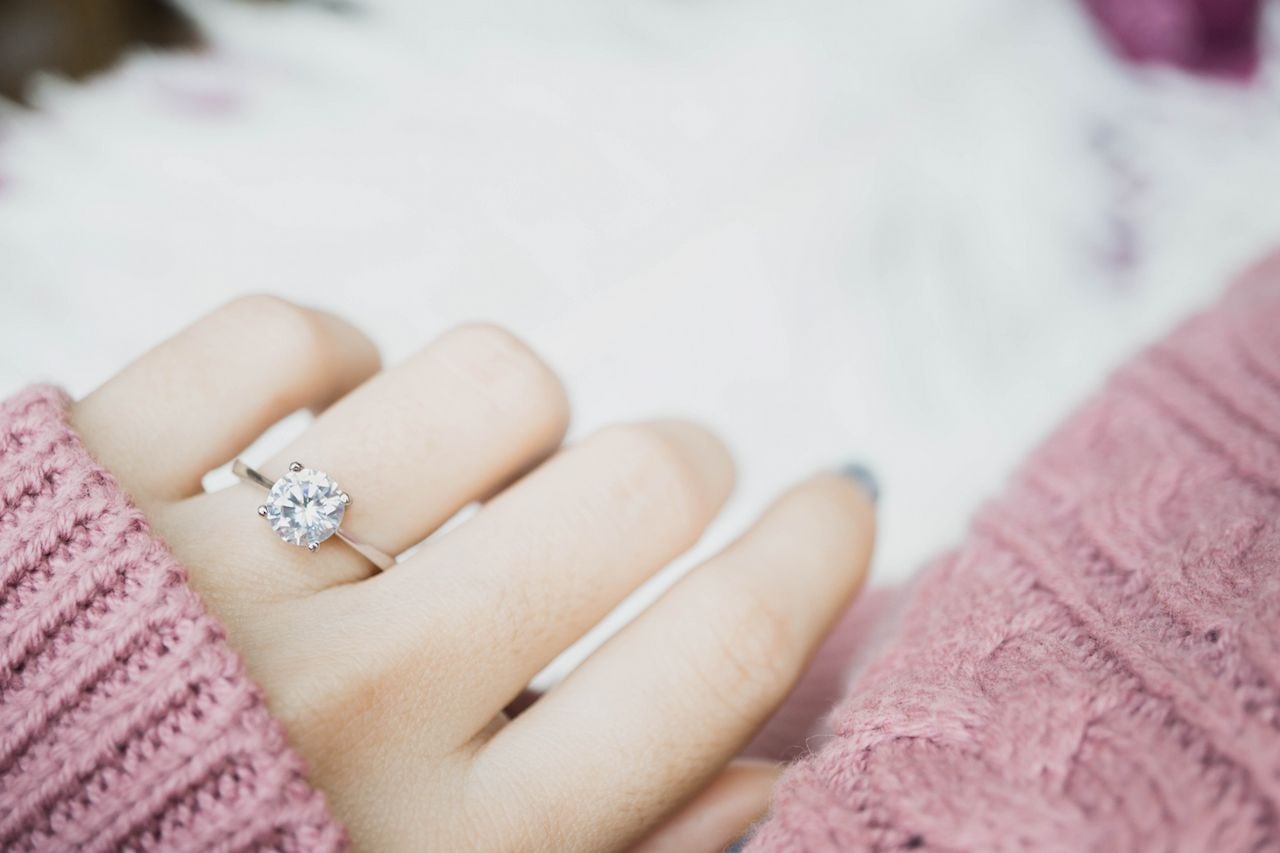According to beauty insiders at last weekend’s Tmall beauty summit, Chinese women have more spending power than ever before. Brands including Estée Lauder, Pamp;G and L’Oréal who took part in the Shanghai event reported that young Chinese women are more likely than ever to invest in luxury beauty products.
Tmall and Kantar Worldpanel released a report that celebrates this consumer "girl power" at the summit. It showed a bigger spike in female spending on luxury beauty in China’s Tier 3-4 cities, representing a huge opportunity for international brands to expand.
It also found that in the last 12 months three million female Tmall shoppers bought more than five lipsticks, and over 350,000 bought more than 12 handbags.
For brands looking to reach a new generation of female power consumers, it's important to consider where their spending power stems from, said Liu Bo, General Manager of Tmall Marketing.
“Tmall’s data shows that Chinese women are becoming more independent than ever before, and their understanding of life and the future plays a leading role in their families,” he said.
Fitness has become more important to them, with women spending 1,389 percent more on fitness wear, and 75 percent more on boxing gloves, in the past year.
“Tmall has moved from a commerce platform into a life-style leading platform,” said Liu.
While the spending power of Chinese women has increased, the average female income in China lags significantly behind their male counterparts, suggesting there is more room for their power as consumers to grow. The Global Gender Gap Report 2016 ranked China 99th our of 144 countries, with women earning on average 35 percent less than men for similar work. Despite a huge cohort of highly educated Chinese women, only 17.5 percent of all companies in China have women in senior leadership roles.
Career women also face pressure to marry young. According to Sixth Tone, for many single women, the conclusion of Chinese New Year celebrations saw a welcome end to a barrage of questions from family members about when they would tie the knot and have children. "Leftover Women" is the derogatory term still used to describe single, often well-educated women, who have passed the ‘acceptable’ age for marrying -- usually thought of as somewhere between 25 and 27.
By supporting them to succeed in the workplace, luxury brands might yet increase their sales by elevating the earning potential for hundreds of millions of women.

